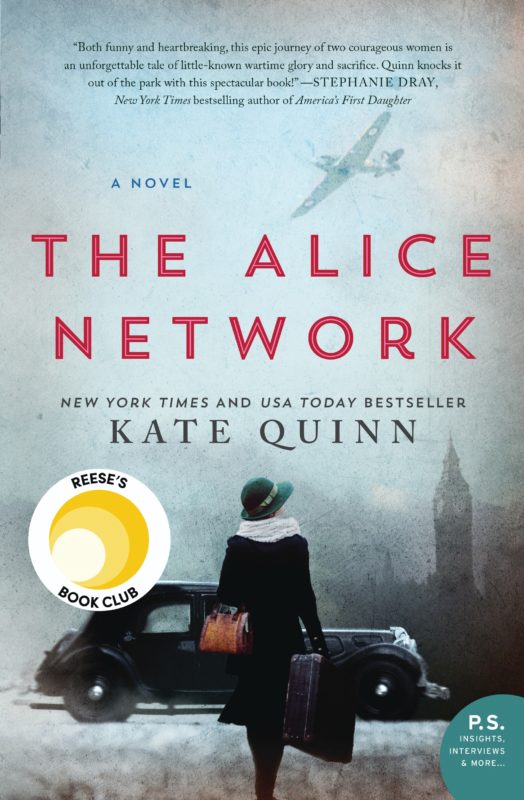Fire up the grill; it’s Memorial Day. Baseball games, beautiful weather, rippling flags, hot barbecue, and a three-day weekend; all good things. But few of us bother to think much anymore about why we get this day off.
Last year on this day, I posted my own tribute here about what Memorial Day really means and why it was created: in memory for those who have died in the nation’s wars. I’m putting that post back up today but with an addition. Memorial Day means more to me than it did even just last year. I have a husband in the Navy, and last year we got to spend Memorial Day together. We grilled steaks in the backyard, watched the Red Sox whomp the Royals, and drank a quiet toast in honor of the dead. This year, I celebrate Memorial Day alone, because my husband is very far away.
Memorial Day was originally created to honor the fallen servicemen and women of the United States, but I like to remember the fallen throughout history, whether they lived in the US or not. Greek soldiers sweating inside the wooden horse at Troy. Julius Caesar’s legions facing off against a narrow-eyed Vercingetorix at Alesia. Britons lining up in shield-walls, trying to put a halt to the Saxon invasion. English archers halting the most renowned army in all chivalry with a few showers of arrows at Agincourt. Farmboy sharpshooters hunting British soldiers through the marshes in the American Revolution. Germans and British curling up in the mud of World War I’s trenches, shielding their ears from the shells and their eyes from the mustard gas. The Jews of the Warsaw ghetto flinging themselves up against Nazi tanks. Warriors today, in deserts and in jungles, on the sea and in the air.
Even more than the fallen, I think of those the fallen have left behind through history. It’s an iconic image, one that transcends time, place, or century: women waving their men off to war. Sometimes this was a chosen way of life: the Viking wives whose husbands went off cheerfully on seasonal raiding parties, and returned with longships filled with loot. Sometimes the fight in question was a desperate measure: Gauls forming last-ditch armies to keep the invading Roman legions from burning their homes and enslaving their families. And of course it isn’t always men to do the fighting. Plenty of French mothers during World War II worried for daughters who went to blow up Gestapo officers in the French resistance, and plenty of husbands today sit at home praying for wives piloting helicopters over sand dunes. Regardless of whether the left-behind were Highland wives or the mothers of knights, children of legionaries or husbands of Navy Seals, they all have one thing in common: the same sickening disbelief when prayers go unanswered and no one comes home.
That too has changed through the centuries. A medieval wife might be separated from her crusading husband for years, never getting a single scrap of news until finally some shame-faced companion brings her husband’s dried-up heart home in a box. So much easier to transport from the Holy Land, you see. Mothers of sons abroad fighting Napoleon got letters arriving weeks or months late. World War I widows sometimes didn’t even get the certainty of death, just a mumbled “Missing Presumed Dead,” which translates to “Pieces Too Small For Identification.” And anyone with a spouse in today’s military who opens the door to find two somber uniformed men on the doorstep knows that they’re in for a very bad announcement.
I’ve had a chance to think about that knock on the door every day for the past six months, when my husband left on deployment for a very dangerous part of the world. After half a year apart, we had exactly fifteen days together before he left for another three months (thankfully to a place much less dangerous). We won’t be spending Memorial Day together this year. He’ll grill steaks on his end; I’ll grill steaks on mine. Maybe we’ll watch the ball game on our respective TVs, and yell in mutual excitement down the phone at each other when David Ortiz gets a home run. And we will definitely drink our standard Memorial Day toast, even though separated by a few thousand miles:
To all the fallen–our honored dead.







